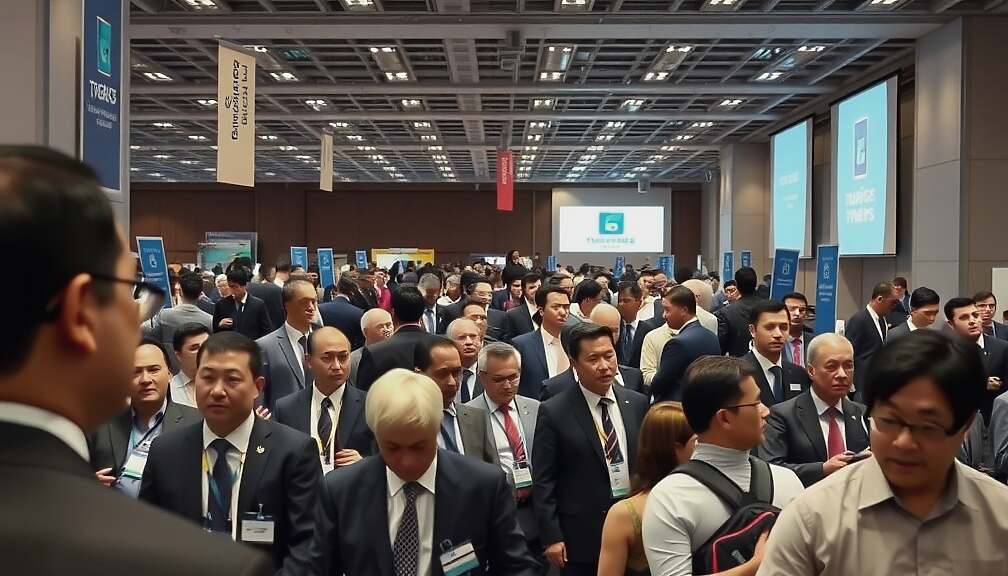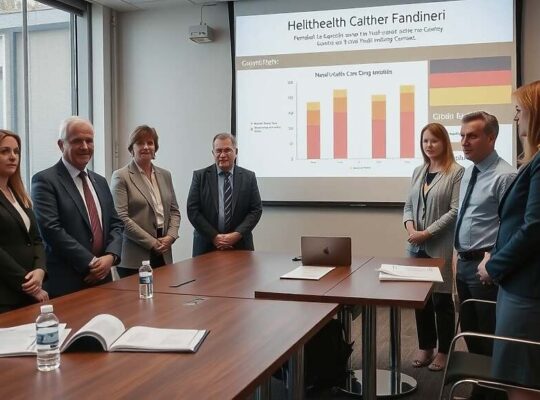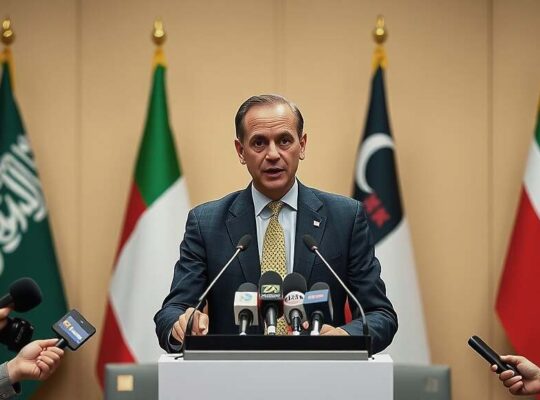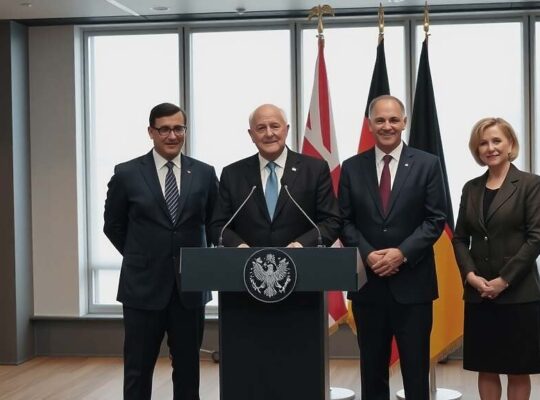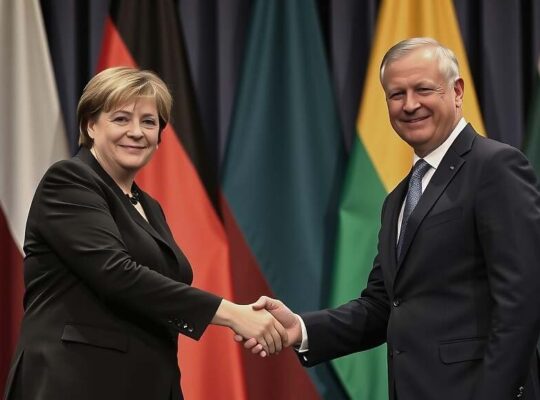The German government, under Chancellor Friedrich Merz of the Christian Democratic Union (CDU), is intensifying its push for a renewed focus on exclusively European trade agreements, signaling a potential shift in Germany’s approach to international commerce and raising questions about the future of multilateral trade deals. In a statement delivered to the Bundestag on Thursday, Merz emphasized that future agreements should be negotiated and implemented solely through EU institutions – the European Parliament, the Commission and the Council – bypassing national-level involvement.
Merz cited ongoing negotiations with India as a positive example and pledged governmental support for their progression. While acknowledging recent successes, including agreements with Mercosur, Mexico and Indonesia, he underscored the necessity of accelerating the pace of these “EU-only” deals to bolster European competitiveness.
The Chancellor’s strong endorsement of the Mercosur agreement, specifically advocating for its signing this year to unlock significant tariff savings for European businesses – estimated at multiple billions of euros from a trade zone encompassing over 700 million people – highlights a prioritization of economic advantage. This stance, however, has drawn criticism. Opponents argue that focusing solely on bilateral or regional deals risks undermining the broader framework of the World Trade Organization (WTO) and could lead to a fragmentation of the global trading system. Concerns have been raised, particularly regarding the Mercosur deal, concerning its potential environmental and social consequences, with critics arguing that robust safeguards were inadequately addressed in the negotiation process.
The CDU’s renewed emphasis on “EU-only” agreements also begs the question of Germany’s long-term strategy for international trade. While presented as a means to enhance European competitiveness, the policy could be interpreted as a move towards greater European protectionism, potentially straining relationships with nations excluded from these exclusive arrangements and raising anxieties about a retreat from traditional German commitments to free and open global markets. Whether this signals a fundamental re-evaluation of Germany’s role in the international trade landscape remains to be seen.


